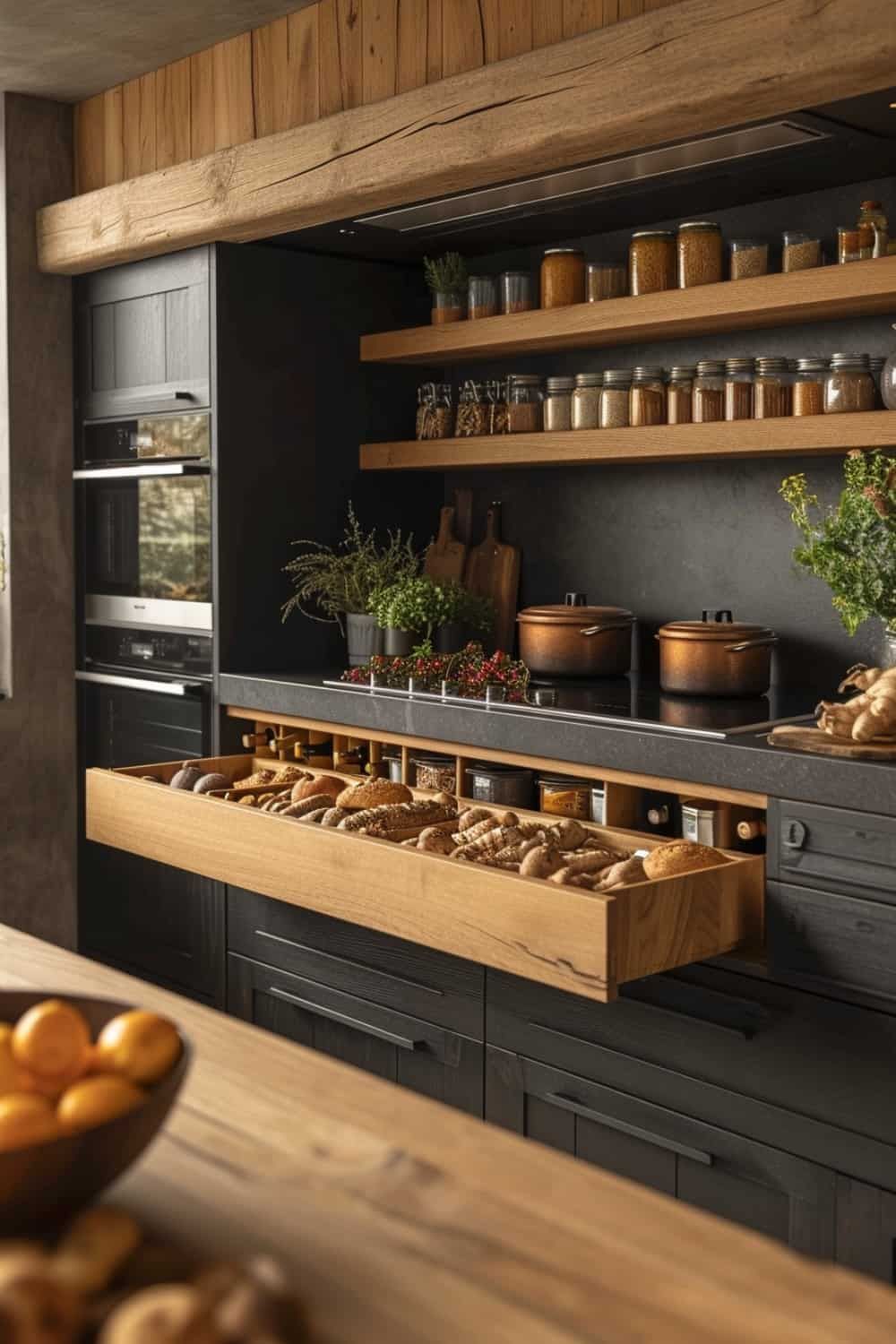
The future kitchen is no longer just a place for preparing meals; it has evolved into a technologically advanced and multifunctional space that enhances the overall cooking experience. Smart appliances such as refrigerators with built-in touch screens, voice-controlled ovens, and automated pantry systems are becoming increasingly popular in modern kitchens. These appliances are designed to improve efficiency, save time, and simplify everyday tasks. Additionally, advancements in kitchen design and materials have led to more sustainable and eco-friendly spaces, with features like energy-efficient lighting, recycled materials, and water-saving technologies. The integration of smart home technology allows for remote monitoring and control of kitchen appliances, as well as the ability to create personalized cooking experiences tailored to individual preferences. With the rapid advancements in technology and design, the future kitchen is shaping up to be a more efficient, sustainable, and enjoyable space for home cooks and food enthusiasts alike.
The concept of the Future Kitchen has gained significant attention in recent years, with technological advancements revolutionizing the way we cook and interact with our kitchen appliances. From smart refrigerators that can suggest recipes based on available ingredients to ovens that can be controlled remotely via a smartphone app, the Future Kitchen is all about making our lives easier and more efficient. These innovations not only streamline meal preparation but also contribute to a more sustainable lifestyle, reducing food waste and energy consumption.
One of the key features of the Future Kitchen is its focus on personalized, data-driven cooking experiences. By leveraging artificial intelligence and machine learning algorithms, smart appliances can analyze users’ culinary preferences and dietary restrictions to recommend customized recipes and meal plans. This not only saves time and effort but also helps individuals make healthier choices when it comes to their diet. Furthermore, by integrating sensors and IoT connectivity, the Future Kitchen can track the freshness of ingredients and notify users when it’s time to restock or use them before they spoil.
The evolution of the Future Kitchen is also reshaping the way we think about food storage and preparation. From modular pantry systems that optimize space utilization to refrigerators with automated inventory management, these innovations are designed to simplify meal planning and grocery shopping. Additionally, advancements in food preservation technologies, such as vacuum sealing and temperature-controlled compartments, help extend the shelf life of perishable items and minimize waste. As we continue to embrace the possibilities of the Future Kitchen, we can look forward to a more efficient, sustainable, and enjoyable cooking experience in the years to come.
 home decor trends
home decor trends



